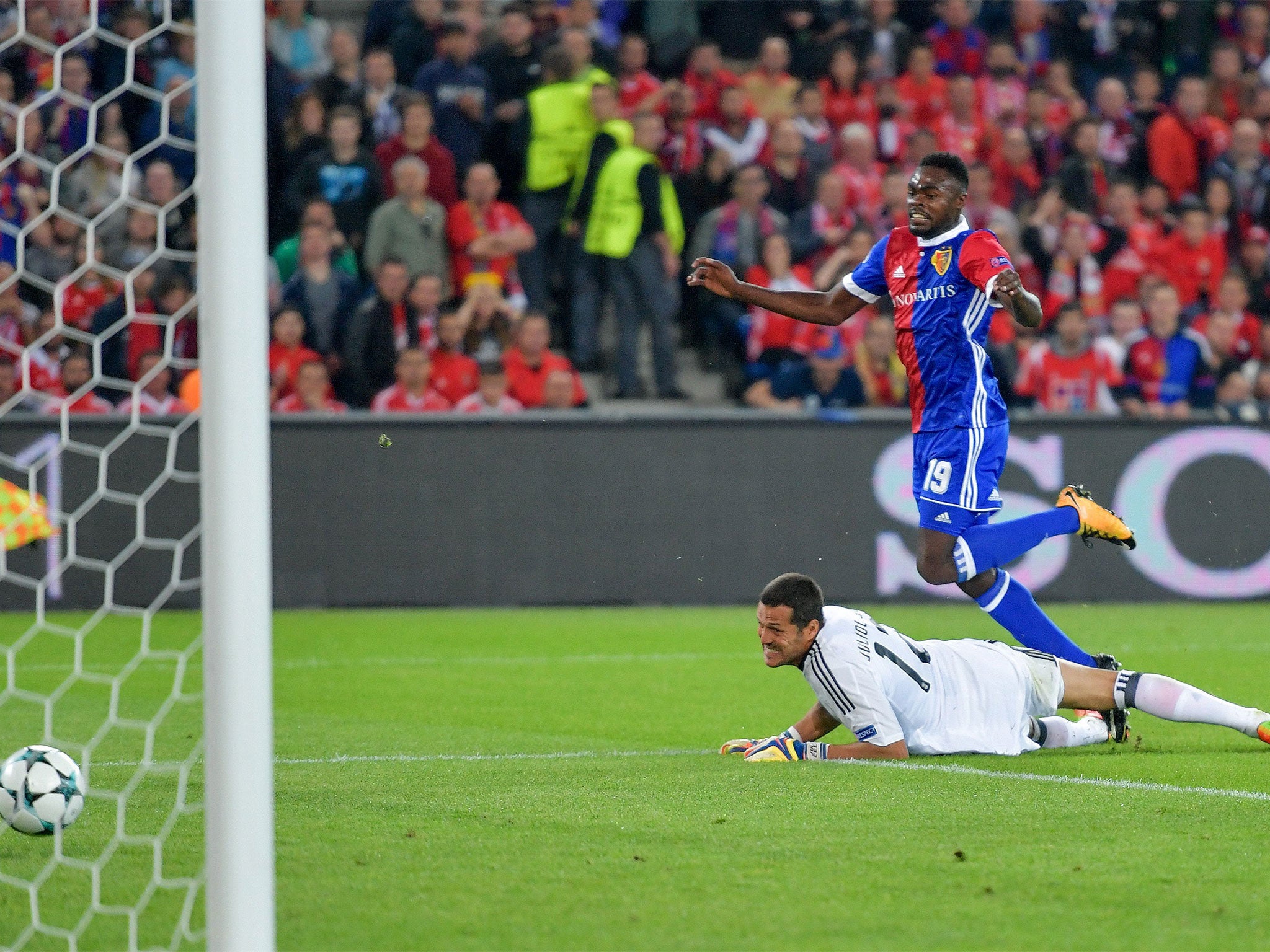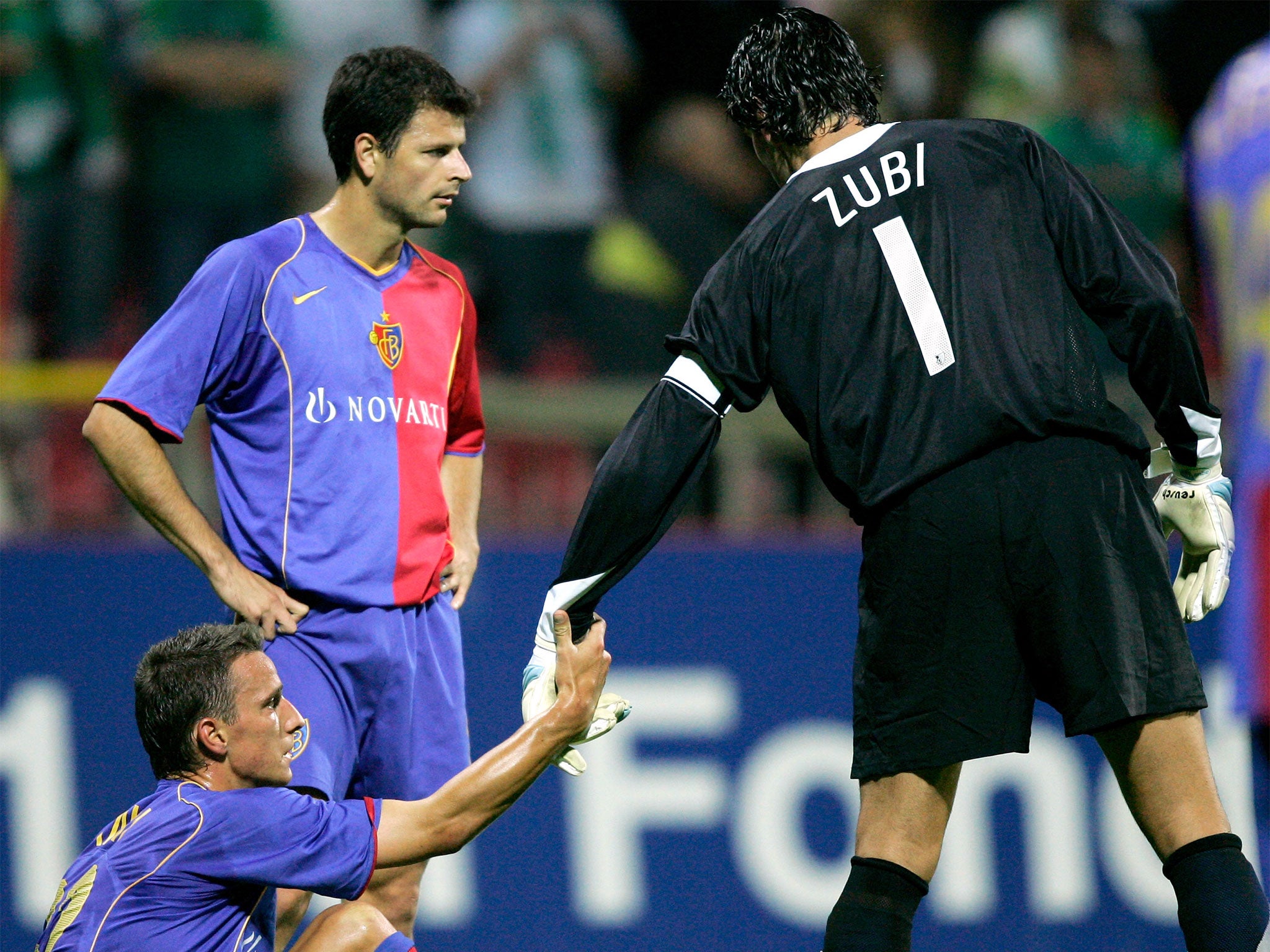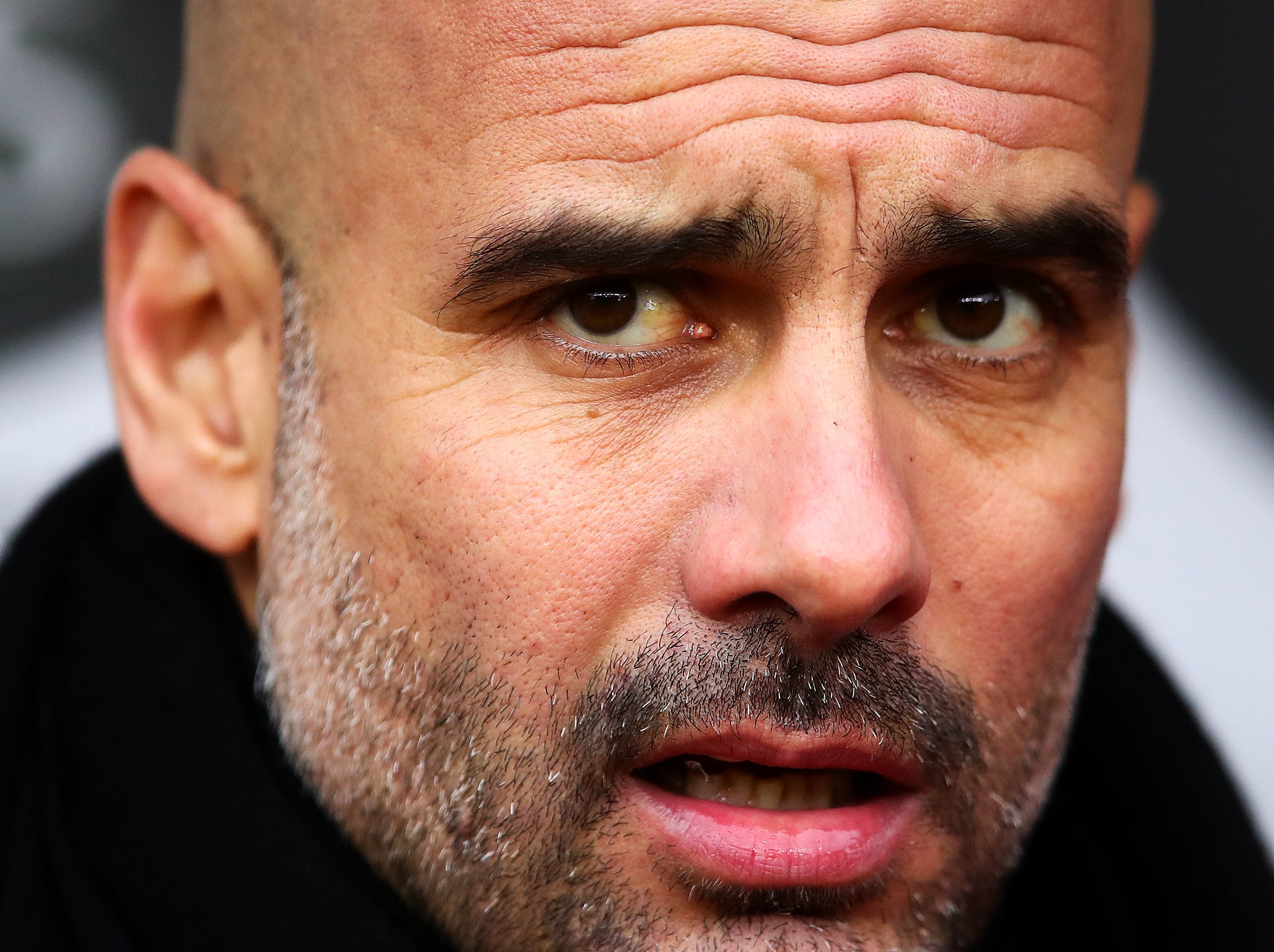How FC Basel turned from domestic also-rans to the dominant force in Swiss football and Champions League regulars
The arrival of Christian Gross, a much-maligned figure during his time in England, transformed Basel into a footballing superpower

Your support helps us to tell the story
From reproductive rights to climate change to Big Tech, The Independent is on the ground when the story is developing. Whether it's investigating the financials of Elon Musk's pro-Trump PAC or producing our latest documentary, 'The A Word', which shines a light on the American women fighting for reproductive rights, we know how important it is to parse out the facts from the messaging.
At such a critical moment in US history, we need reporters on the ground. Your donation allows us to keep sending journalists to speak to both sides of the story.
The Independent is trusted by Americans across the entire political spectrum. And unlike many other quality news outlets, we choose not to lock Americans out of our reporting and analysis with paywalls. We believe quality journalism should be available to everyone, paid for by those who can afford it.
Your support makes all the difference.Manchester City are not the only team to have enjoyed a dramatic rise to dominance, their Champions League rivals Basel were a mid-table Swiss Super League team in the late 1990’s until former Spurs manager Christian Gross arrived in his first job since his underwhelming spell in London which was remembered more for a Travelcard than anything on the pitch.
Basel, like City, have an enjoyed an inconsistent history, dominating the Swiss game in the 1970’s but underperforming until Gross took the helm in 1999, just five years after returning to the top flight, following a six-year absence.
One of the key men in Basel’s rise to the top was Switzerland international goalkeeper Pascal Zuberbühler, who had previously worked with Gross at Grasshoppers. The signing of the international who won 51 caps and played at two European Championships and one World Cup was a sign of the club’s new ambition. He witnessed first-hand how Basel quickly moved from also-rans to beating Manchester United in the Champions League.

“Christian Gross was the key manager there for 10 years. I started with him and we built up this massive, new direction of the football club,” Zuberbühler told The Independent. “He’s an absolute top professional, it was unfortunate that things didn’t go right for him at Tottenham like he deserved. When he came back, Basel was nowhere in the Swiss and Gross is the best manager to ever build up a club, he knew the right people to bring in and take the club in a fantastic direction. With Basel he showed his qualities.”
Gross was not the only reason Basel became the best team in Switzerland. A new 38,000-capacity stadium was opened in 2001 and billionaire Gisela Oeri was brought in by club president René Jäggi to help fund investment in the squad.
“To be successful you need owners with money, so it was a good bit of luck to receive Gisela. We made a few special transfers, spent a little bit more; we had a great mix in the team, we had Swiss players and foreigners and the mix was amazing, in Christian Gross, we had a manager who was focused completely.”
The new stadium coincided with the club’s first title win since 1980 as the foundations were laid for 12 championships in 17 years, in addition to seven Swiss Cups in the same period. Basel’s first Champions League adventure started in dramatic fashion when they dumped Celtic out in the qualifiers despite losing the first leg 3-1 in Scotland.
“It was the start for the Champions League direction as almost every year we would win the league and have the chance to go into the Champions League. The Swiss league is a nice little league to bring players out of but they’re getting more and more hungry for European football like the Champions League.”
The new stadium is imperative for Basel, according to Zuberbühler, helping them in their early forays in the Champions League in 2002. There is no similar atmosphere in Switzerland, as Celtic and Liverpool quickly found out. After knocking out Celtic, Basel faced Liverpool in the group stages, taking a 3-0 goal lead before the Premier League pulled things back but it was the moment Basel knew they could compete in Europe and at the same time showed how far they needed to go.
“Basel supporters are always a massive wall behind this football club. You go on an away game and they always have three to five thousand people there. They’re crazy about football in Basel. In 2002 we made it to Champions League and we played against Celtic in Basel’s first-ever qualifier and there was massive hype, the people were going crazy.
“We played Liverpool in what is an historic game, we drew at home 3-3. From there came massive hype. For Swiss football, a league full of young players to make the next step in another country was huge.”

There is a long-term plan at Basel and a heavy focus on forming players who can be sold on for profit to bigger leagues. The Swiss club are an attractive proposition to talent youths, they can pay well and offer a grounding in European football. The likes of Xherdan Shaqiri, Granit Xhaka, Ivan Rakitić and Mohamed Salah have all come through at Basel, as the production line continues to manufacture the stars of the future.
“You need a very good scouting, which Basel have and they key is to choose the right player for the right position. They never bring foreigners in to take the place of Swiss players, they always have the mixture of young and experienced.
“The Swiss league is a good place to develop young players, it is fantastic to have those who are close to making the big step to the big leagues, England, Germany, Spain and for this the Swiss league is very good. The players can have a nice lifestyle in Switzerland, too. If you play in Basel, you have everything you need; you’re in a very professional club and they are very focused on developing you in the right way and are happy to receive the money for a player when they’re sold.”
Star players helped Basel maintain momentum as they finally reached the last-16 of the Champions League in 2011-12, progressing from a group which Manchester United failed to qualify from. A team including Xherdan Shaqiri and Granit Xhaka beat Bayern Munich 1-0 at home in the first leg before being defeated 7-0 in Germany but it was a huge step for the Swiss club.
“It became written that we would win the league and it changed naturally that we would go to the Champions League and play some fantastic games against the big clubs and we would beat them. We kept going on this road and Basel never lost control and needed to buy expensive new players, they always brought in new, young players from their own academy and then sold them for a lot of money. With this direction, they always had the right people in the right place and this was great work that they laid the foundations to early.”
Basel have never made it as far as the quarter finals and this year’s task is not a simple one as they would need to get the better of Pep Guardiola’s Manchester City. Zuberbühler will not rule out a victory for his former club but it knows it will be incredibly tough. He thinks they will need fortune, like they had against Manchester United who were defeated 1-0 earlier this season in Basel.
“Manchester City are the clear favourites, they’re the best in the world at the moment. For me, everything that happens to Basel now is a present, they don’t need to beat Man City but they will fight and they’ll play a good game. It’s a must for City that they need to beat Basel, but you never know in football, it can be crazy. You look at the Manchester United game, United could have scored in the first half and probably would have gone on to win 4-0 if they had but they didn’t and Basel scored right at the end, as Basel believe and had a bit of luck.”
Join our commenting forum
Join thought-provoking conversations, follow other Independent readers and see their replies
Comments